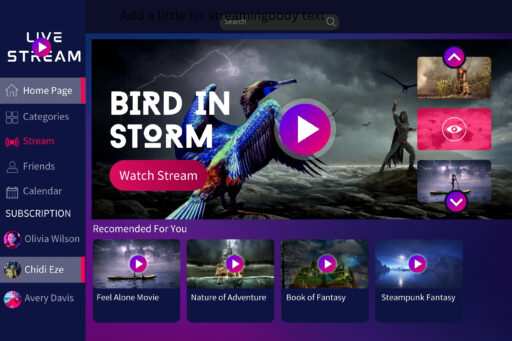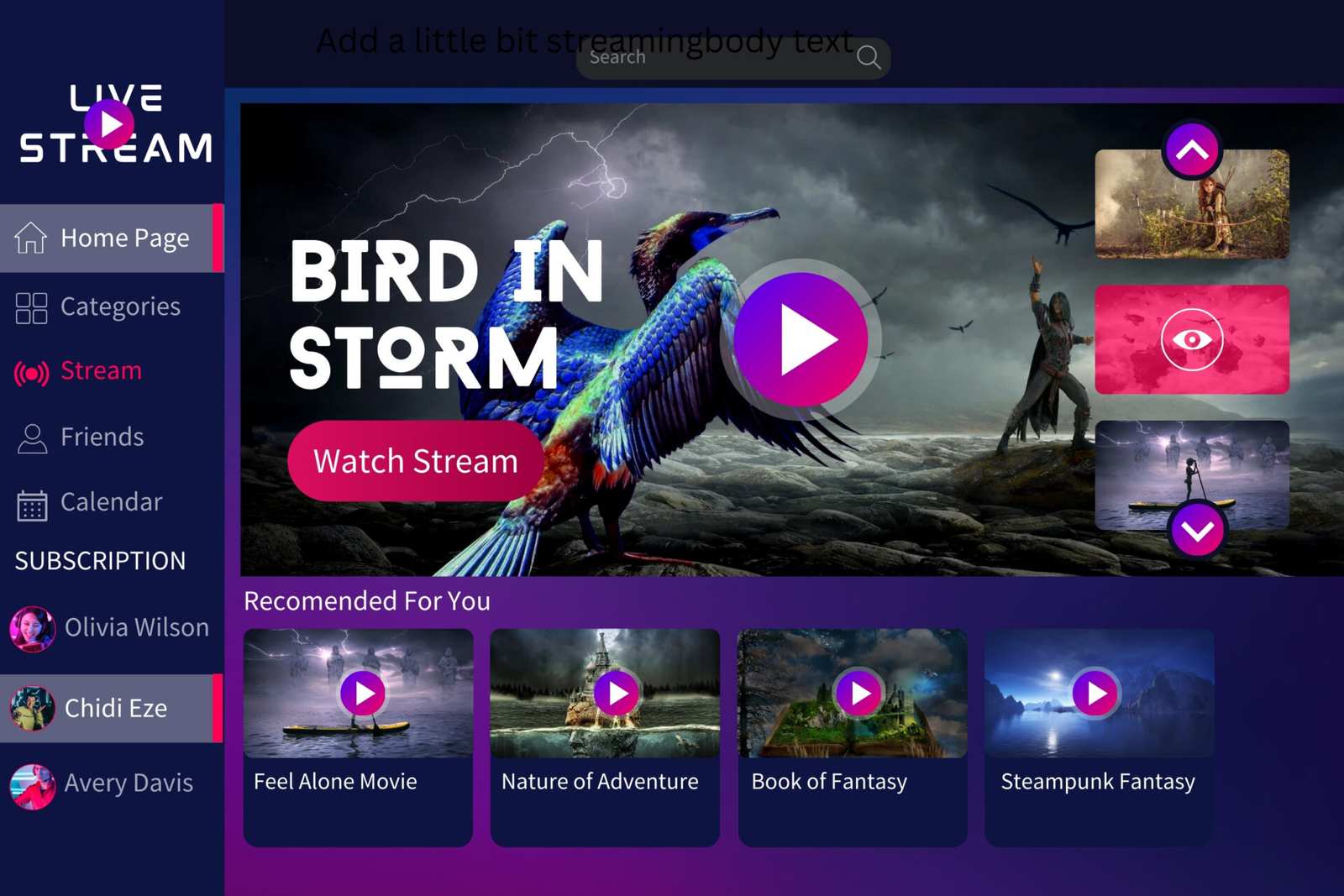In recent years the entertainment industry has had a major shakeup. The arrival of streaming services has not only changed how we consume content but has changed the whole face of entertainment.
From Netflix to Disney+ streaming services are now a part of our daily lives and offer us access to a huge amount of content. This blog looks at the history of streaming services and how they have changed entertainment.
The Birth of Streaming Services
The journey of streaming services began in the early 2000s. Netflix, originally a DVD rental service, was the first to stream content online. In 2007 Netflix launched its these service and subscribers could watch movies and TV shows instantly over the internet.
This was the start of a new era in entertainment as people could now get their favorite content without waiting for DVDs to turn up in the post.
The Rise of Competitors
As Netflix grew in popularity other companies saw the opportunity of these services. Hulu launched in 2008 with a mix of current TV episodes and movies. Amazon Prime Video launched in 2011 with a huge library of movies,
TV shows and original content. The competition between these services increased and innovation and content creation went into overdrive.
The Impact on Traditional TV by Streaming Services
The rise of streaming services has had a big impact on traditional TV. Cable subscriptions have been declining as more people cut the cord in Favour of streaming options. These services offer the convenience of on demand content without the schedules of traditional TV. This flexibility has made streaming services the preferred choice for many viewers.
Original Content and Exclusives
One of the main reasons these services have become the face of the entertainment industry is original content. Netflix set the trend with hit shows like “House of Cards” and “Stranger Things”.
Amazon Prime Video, Hulu and later Disney+ and Apple TV+ followed suit and invested heavily in exclusive content. This has not only brought in subscribers but a new era of storytelling.
Global Reach and Accessibility
These services have a global reach, content can be accessed worldwide. Unlike traditional TV networks which are limited by geography, streaming platforms can be accessed from anywhere with an internet connection. This has opened up new opportunities for creators and diverse stories can reach a broader audience.
The Binge-Watching Phenomenon
Streaming has also given birth to the binge-watching culture. Entire seasons of TV shows are released at once, you can watch multiple episodes in one sitting. This has changed the way we consume stories and how content is produced. Cliffhangers and episodic suspense have become more pronounced, we’re hooked and want more.
Personalized Viewing Experience
Streaming services use algorithms to provide personalized recommendations based on our viewing habits. This personalized experience makes us happier by suggesting content we like. Unlike traditional TV where we had no control over what was being broadcast, streaming services gives us the power to curate our own entertainment.
The Role of Technology in Streaming Services
Technology has played a big role in the evolution of streaming services. Fast internet, better compression, smart devices and 4K and HDR streaming have made it easier for us to access and enjoy streaming content.
Challenges and Future Trends of Streaming Services
Despite the success, These services have challenges. The more platforms there are, the more fragmented content is. This can be frustrating for consumers who need to subscribe to multiple services to get all the content they want. Production cost for original content is also rising, putting pressure on these services to be profitable.
Looking ahead, the future of these services looks good. VR and AR integration into streaming platforms can change the way we consume content. AI will also further enhance personalized recommendations and content discovery.



